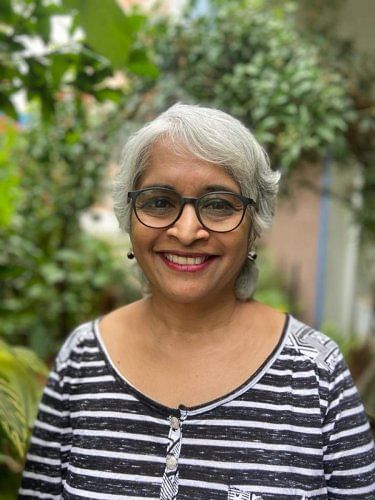‘We need to link general healthcare and specialised services’

In an interview with DH’s Varsha Gowda, Dr Pratima Murthy, director of the National Institute of Mental Health and Neurosciences, Bengaluru, stresses on having an integrated, preventive approach in mental health interventions. Excerpts:
Q. What is the mental health scenario like in India? Do we have the required healthcare personnel to deal with the crisis? How do we bridge this gap?
There have been efforts to increase the number of mental healthcare professionals across the country. For instance, the number of seats for specialisation in psychiatry has increased. Similarly, efforts are being made to add more clinical psychologists, psychiatric social workers and nurses trained in psychiatry.
The other effort is to train general healthcare professionals to provide basic mental healthcare. We also need to train people who work in emergency situations, like in the case of suicides. It is also important to provide linkages between general healthcare and specialised services so we can provide some continuum of care.
Q. What kind of interventions need to occur at the DMHP level?
The District Mental Health Programme has expanded to practically all the districts in the country. Some states like Kerala, Tamil Nadu and Karnataka have been doing very well under the programme. One of the things to get right is to have trained human resources at the district level, like have at least one psychiatrist.
Psychotropic medication should also be available based on the need in the area, along with greater awareness about the programmes among the community.
In Karnataka, they have been conducting the ‘Super Tuesday OPD’ or the Manochaitanya programme where there is a lot of emphasis on mental health literacy.
A major step that states like Bihar, Chhattisgarh, Odisha, Assam, Sikkim and Gujarat have taken is digital capacity building and training. The Maanasadhaara programme looks at daycare rehabilitation and Maanasa Kendras, are halfway homes where people with serious mental illnesses can be rehabilitated. They are not many in number though.
Q. How do we bring the rights-based language and ideas to the people?
I think there needs to be more public engagement in this whole process. When people feel very distressed, they may have suicidal thoughts and they may also turn to substance abuse. An environment that allows people to express this distress, rather than cover it up, is important. Knowing that there will be somebody who will respond to this distress can also help.
The other important thing is not separating mental and physical health. There’s enough literature to suggest that if you have chronic diseases like diabetes, heart problems or cancer, you invariably have more depression, anxiety and other psychological symptoms.
Similarly, it is also well-known that people with severe psychological symptoms can actually have an alteration in their blood sugars, and blood pressure. Handling both these issues together improves the outcomes for both.
Q. Do we need to invest more in mental health?
They have been increasing this budget, but it’s not enough to meet the needs of the country. It is not just about providing financial assistance, but also about developing the capacity to utilise it. You need a prudent balance of increased financial and human resources to actually reach the people.